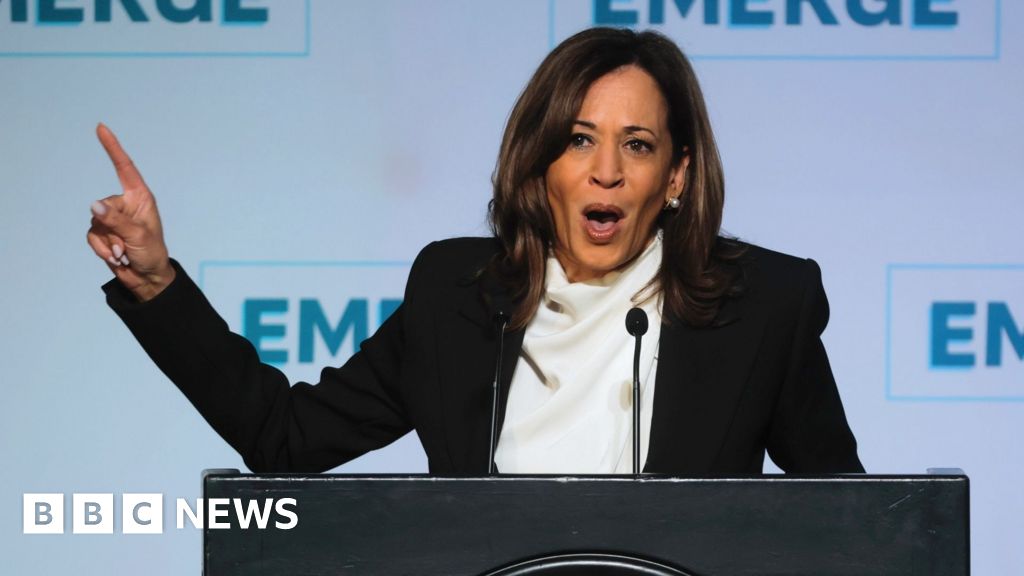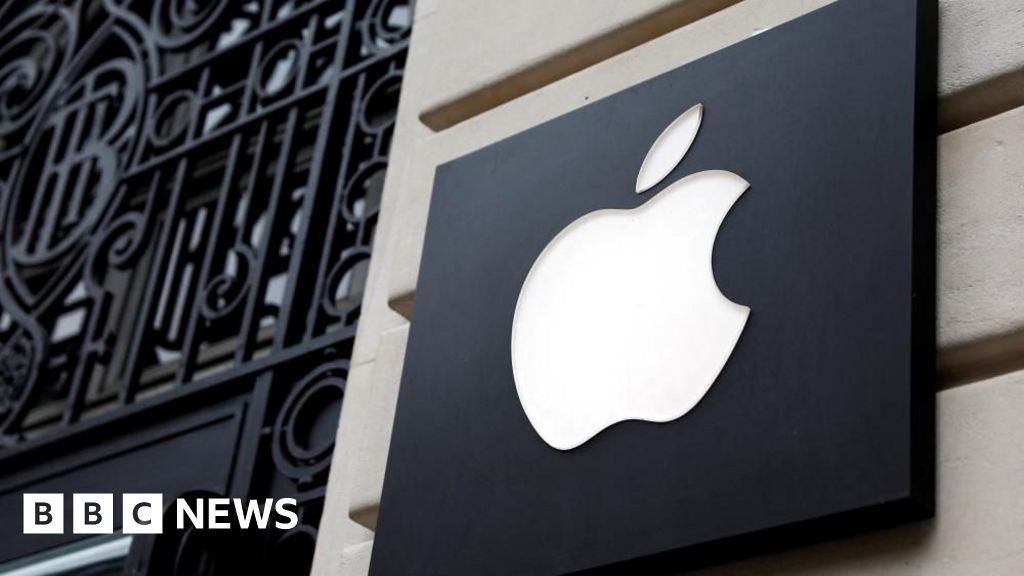ARTICLE AD BOX
Nadine Yousif
BBC News
Reporting fromOttawa
As Mark Carney settles into the role of Canada's prime minister, he will not only have to take on US President Donald Trump, but also wider divisions within his own country.
Among those is a generational divide, with young voters who are concerned about housing unaffordability, crime and the cost of living coalescing around the Conservatives.
It's a reversal from 2015, when youth voted in record numbers, helping sweep Carney's predecessor Justin Trudeau to power.
But this election, "baby boomers" - those over the age of 60 - "were an essential component to the Liberal success", pollster David Coletto of Abacus Data told the BBC.
Meanwhile, younger Canadians, particularly young men, rallied behind the Conservatives.
One of them is Connor from Toronto. The 28-year-old told the BBC that he was drawn to the party because of its focus on housing and the cost of living.
"We're getting stuck in a system right now that doesn't seem to be working," he said. "It worked for our parents, but not for us."
He added that he has grown "tired of the same Liberal policies for the last 10 years".
Ahead of the election, support for the Conservatives outpaced the Liberals by 44% to 31.2% among 18 to 34 year olds, a Nanos poll on 25 April indicated.
The issues that resonated with Canadians depended on age, too. Carney campaigned heavily on standing up to Trump, while affordability and a broken "Canadian promise" were central to Conservative leader Pierre Poilievre's message.
Abacus Data polling indicated about 18% of 18 to 29 year olds were worried about Trump. That jumped to 45% for voters over 60, suggesting a diversion on key issues between generations.
A big challenge for Carney and the Liberals will be how they can win back the confidence of those younger voters, Mr Coletto said, who "feel really let down and frustrated".
In Monday's election, the Liberals managed to gain more than a dozen seats in a historic comeback election.
But the rival Conservatives also made significant gains - enough to block the Liberals from forming a decisive majority government.
The Liberals won 169 seats, three shy of a majority, and captured 43% of the popular vote. The Conservatives won 144 seats - 25 more than the previous 2021 election - and 41% of the popular vote.
Smaller parties, namely the left-leaning New Democratic Party (NDP), suffered significant losses as voters migrated to the two larger parties.
Carney's platform did feature proposals on how to tackle affordability, including a pledge to build 500,000 homes annually and a small income tax cut for some Canadians.
Laura Stephenson, chair of the political science department at Western University, noted the two platforms were not too different on cost of living issues.
"It is a question of differences in degree, rather than completely different approaches," Prof Stephenson said.
In his victory speech, Carney preached a message of unity as he acknowledged the millions of Canadians who cast ballots for other parties.
"My message to every Canadian is this: no matter where you live, no matter what language you speak, no matter how you voted, I will always do my best to represent everyone who calls Canada home," he said.
Carney will also face a restive western Canada, where there is a festering sense of alienation from the power centre in Ottawa.
Those tensions were on display quickly after the election. In a post congratulating Carney, Alberta Premier Danielle Smith said Poilievre's vision "inspired millions", while the Liberals had "demonized and demeaned" her oil-rich province.
She called on Carney to "reset the relationship between Ottawa and Alberta with meaningful action rather than hollow rhetoric".
Without a majority, Carney will also have to work with other party leaders to get legislation passed. The Liberals could try to convince members of the NDP - and even the Conservatives - to cross the aisle, which could turn their strong minority to a majority.
Forming an effective government, as well binding regional and demographic fractures in Canada, is now one of the many items on Carney's to-do list.
Additional reporting by Jessica Murphy and Ali Abbas Ahmadi in Toronto.

 17 hours ago
8
17 hours ago
8








 English (US) ·
English (US) ·